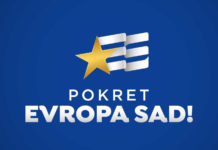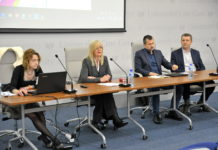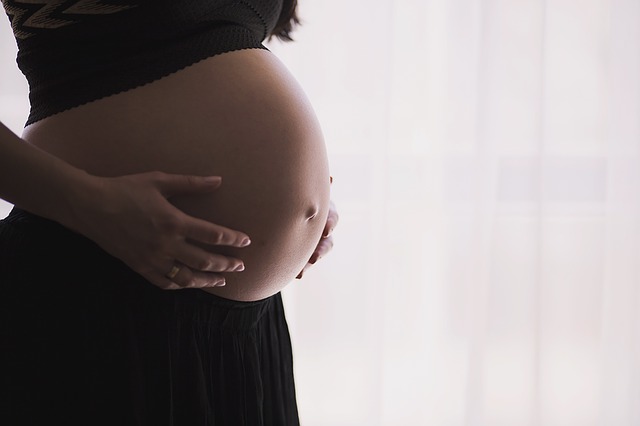Podgorica, (MINA) – The number of teenage pregnancies has been dropped for a third in the last three years, and gynecologist of Podgorica Health Center Zeljka Stevovic sees the reason for that in better availability of information on contraception.
According to Public Health Institute’s (IJZ) data, the drop in the number of teenage pregnancies and births with the mothers younger than 20 has been recorded in the period between 2015 and 2017.
In 2017 eight girls younger than 15 had a child, while 195 of those between 16 and 19 years of age became mothers.
The Institute’s representatives told Mina that starting early with sexual relations, without previously acquired knowledge on responsibility and protection, often causes unwanted consequences, and one of them are unplanned pregnancies.
They underlined that, besides physical consequences, there are also psychological ones, which are even harder to handle.
According to the Institute’s data, there was 26 induced abortions among the girls younger than 20 in 2017, while they stressed that experiencing abortion in such a tender age is a traumatic experience which has strong effect on mental health of adolescents, and affects later phases of their lives.
Stevovic said that she does not meet with many teen pregnancies in her work, since teenagers usually turn to private practitioners.
The cause of the drop in total number of abortions Stevovic sees in better availability of information about contraception, and also the introduction of medical abortion in the last couple of years.
Sociologist Vesna Krivcevic said that teenage pregnancies represent an evident problem in the society, which is in transition, and still functions in accordance with traditional and patriarchal patterns.
The Institute noted that it is necessary to promote and affirm healthy life styles in order to decrease the number of pregnancies and abortions among the girls, in particular through school subjects.
The article has been produced with support of Reuters as the part of the media literacy campaign “Let’s Choose What We Watch”, carried out by UNICEF and the Electronic Media Agency.
Longer version of article is available on a link MINA ENGLISH SERVIS
























